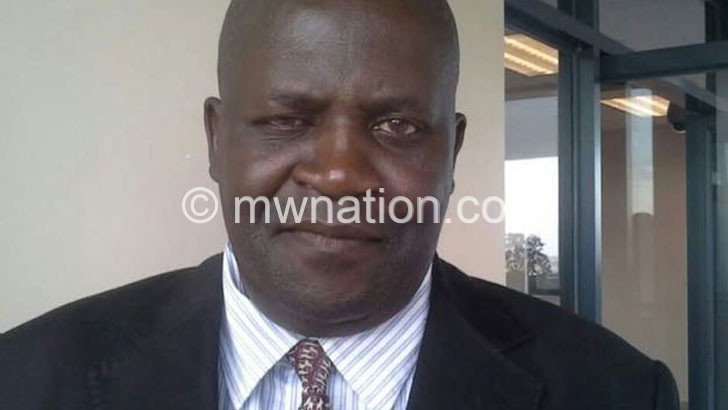Committee wants Egenco take over from Agreko
Parliamentary Committee on Natural Resources and Climate Change has recommended that Aggreko Power Solutions be relieved from the contract of supplying energy in favour of Egenco, a local power generating company.
The committee, which is chaired by Chitipa South legislator Werani Chilenga, made the resolution after meeting officials from the Ministry of Agriculture, Irrigation and Water Development, Electricity Generation Company (Egenco) and Electricity Supply Corporation of Malawi (Escom) over persistent blackouts the country is facing.

The committee members unanimously recommended that the contract for generating electricity using generator sets should be given to Egenco, which has proved that it can manage to execute power generation responsibilities the same way Agrekko does.
Chilenga argued that Aggreko is charging exorbitant prices which have seen Escom draining from its coffers over K675 million per month in power purchase deals. The amount also translates to a payout of over K7 billion by Escom to Aggreko annually.
In an interview on the sidelines of the meeting, Chilenga claimed that Aggreko is charging a lot for services that Egenco would provide at a lower cost if it were to use the same equipment.
The committee summoned the stakeholders in the power generation chain to explain how they are managing electricity issues after renovation of Kamuzu Barrage and having more rains last year.
He said: “As a committee, we feel that since we have a new barrage and we had enough rainfall last year, we should not be having blackouts. We feel that the barrage has not been managed very well hence some of the challenges we are facing.
“We are also concerned with the issue of Aggreko. From our findings, Egenco is capable of doing the work that Aggreko is doing. But Aggreko is expensive as it is charging K202 per kilowatt when Egenco is charging K156. As a committee, we have recommended that this contract of supplying power using gensets should be given to Egenco.”
When the meeting started, Chilenga told invited guests that the committee wanted to hear from the stakeholders on the current situation bordering on water levels in Lake Malawi and Shire River in relation to intermittent power supply in the country.
He said the World Bank invested $150 million (over K100 billion) for the rehabilitation of the Kamuzu Barrage and management of the Shire River catchment area to control water levels for sustainable power generation.
Ministry of Water Development engineer Tony Nyasulu, who was involved in the renovation of the barrage, said in his presentation that the barrage has aided water levels to rise both in the Shire River and Lake Malawi.
He said: “If we are to compare water levels this year to last year, we note that there is a high level this year. But the difference in recovery is not much.”
Egenco has attributed the low energy production to low water levels, contrary to Nyasulu who ascertained to the committee that water levels have improved.
In an interview, Escom chief executive officer Alexion Chiwaya argued that despite a rise in water levels, the company is still struggling to provide the required power to cater for the growing demand.
He said Escom supplies what it gets from Egenco.
Chiwaya said: “Customers need over 330 megawatts, but Escom is buying less than that. There is a gap of 47 megawatts, which is leading to load shedding. The demand is much higher than supply.
“We need to look at the energy mix and interconnect with other countries so that by 2022, load shedding should get to zero. Going forward to 2030, we will have a lot of surplus because the country will be connected to Zambia and Mozambique.”
While admitting that the water level has risen compared to last year, Egenco chief executive officer William Liabunya said they are generating insufficient power because the company is controlling the flow of water for future use.
He said: “Yes, water levels have risen, but we cannot open the gates. We are looking at how we will manage electricity generation in future.”
According to him, Egenco is banking its hope on the Kammwamba Coal-powered plant whose completion is estimated at K400 million.





